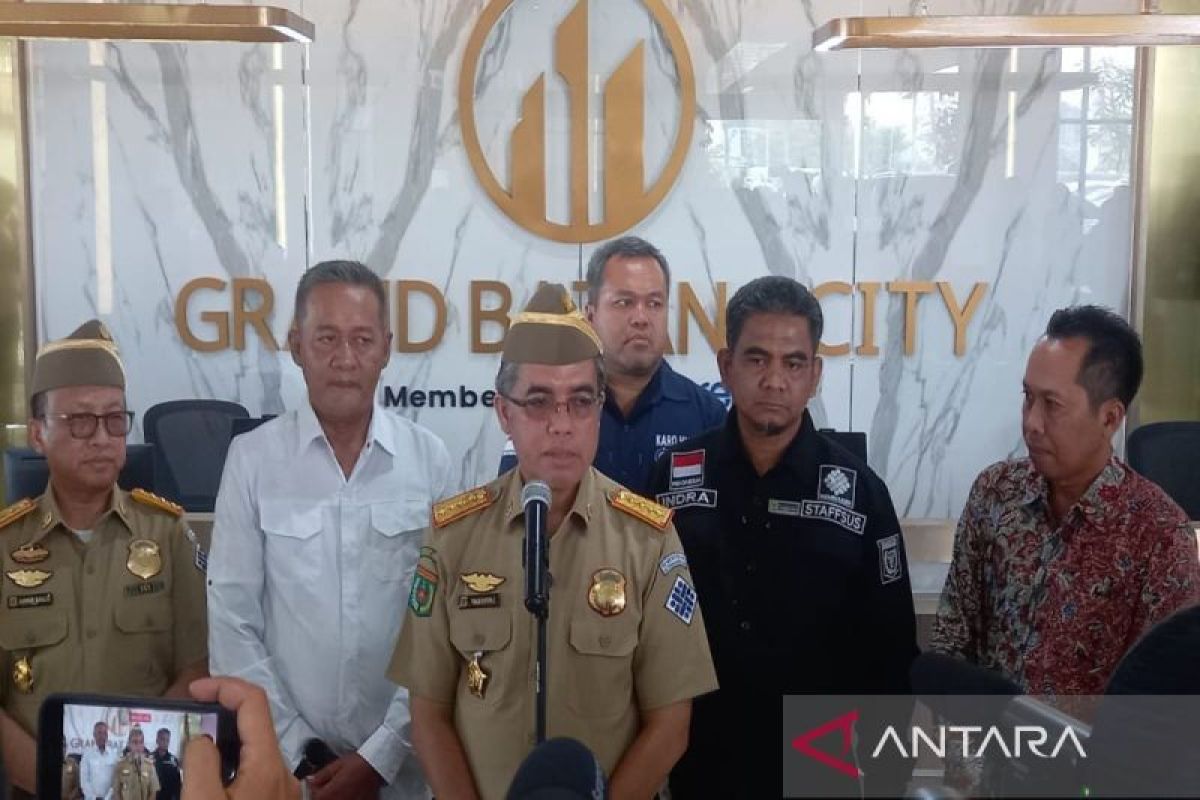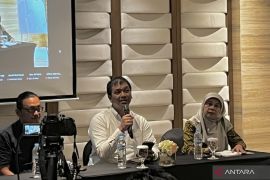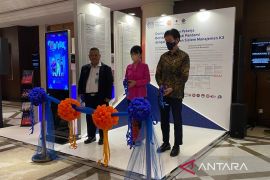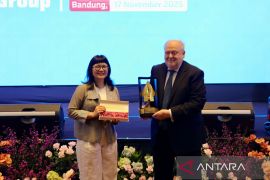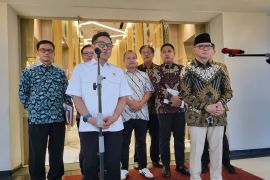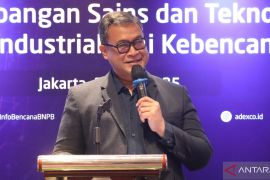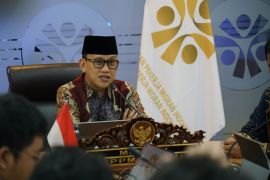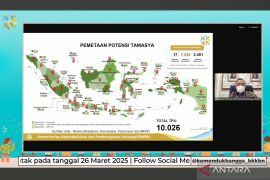"Occupational safety and health are not only formal obligations but strategic investments to improve competitiveness, quality of life of the workforce, and national productivity," he said.
He made the remarks during the commemoration of the 2025 National Occupational Safety and Health Month at Batang Integrated Industrial Area here on Tuesday.
He expressed concern over the increasing trend of work accidents in the last three years, with 298,137 cases recorded in 2022, 370,747 in 2023, and 356,383 as of the end of October 2024.
Based on the Workers Social Security Agency (BPJS Ketenagakerjaan) data, the number of work accidents increased significantly in the last three years, he said.
"This data shows that we must be more serious about building a strong K3 culture. Reducing the number of work accidents must be a national priority," he added.
Yassierli warned of new work challenges due to technological developments, changes in worker demographics, and global demand.
Industries that are increasingly dependent on advanced technologies, new chemicals, and alternative energies such as LNG and hydrogen will bring new risks that will need to be anticipated.
"If we fail to mitigate this risk, the impact will be very significant, both on health costs, the quality of life of workers, and production losses," he said.
"Therefore, the implementation of an integrated K3 management system is a strategic step that cannot be postponed any longer," he stressed.
The strategic steps that need to be taken to build a K3 culture include the implementation of an occupational health and safety management system that is not only administrative, but also encourages a positive work culture, he said.
"There are three K3 cultures that must be developed in every institution, including a culture where leaders do not blame workers (just culture), a culture of reporting K3 incidents (reporting culture), and a culture of continuous work system improvement (learning and improving culture)," he added.
Related news: Indonesia committed to providing decent work for women
Related news: New national OSH program expected to support PSN development: Minister
Translator: Kutnadi, Katriana
Editor: Rahmad Nasution
Copyright © ANTARA 2025
